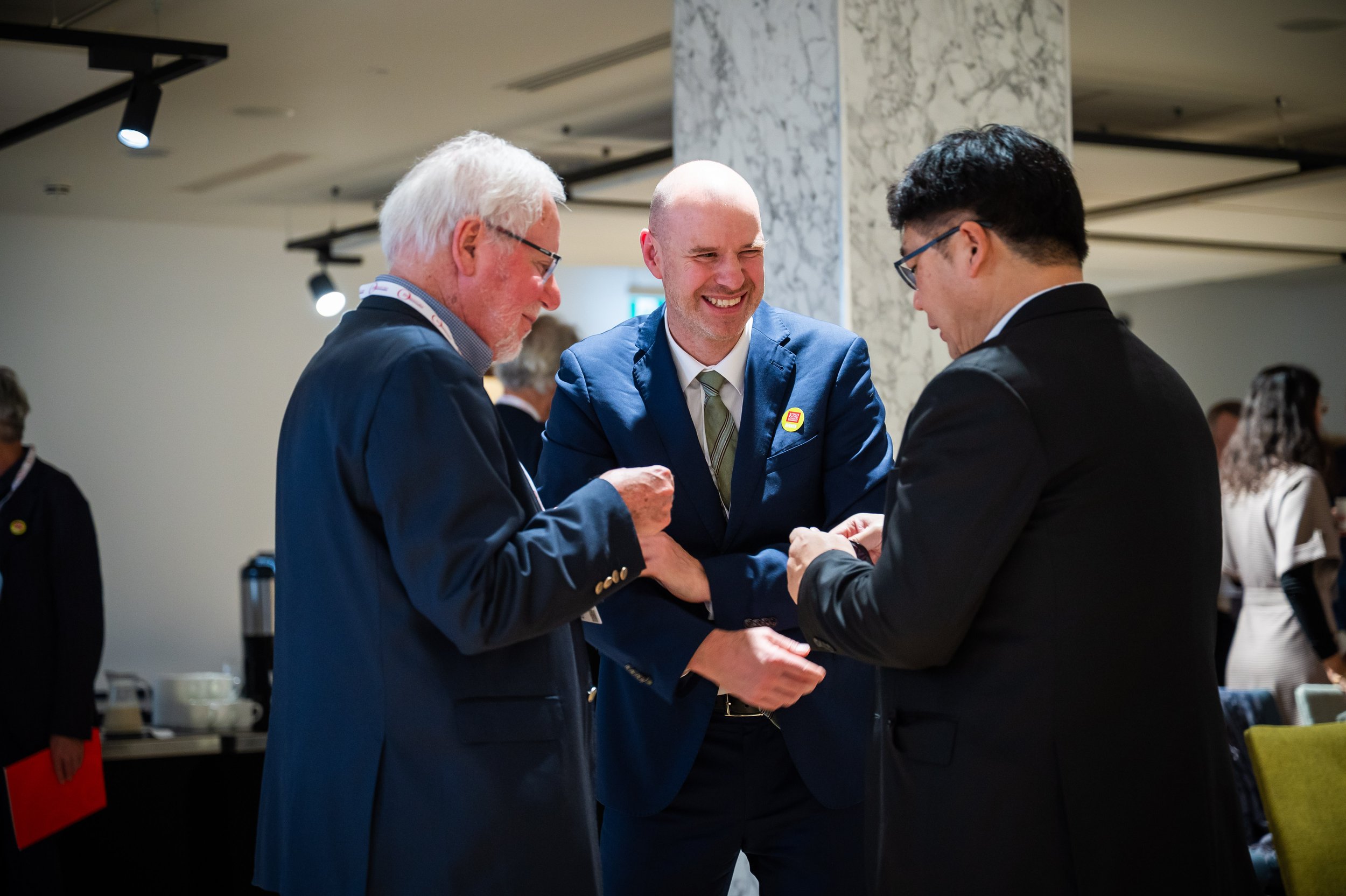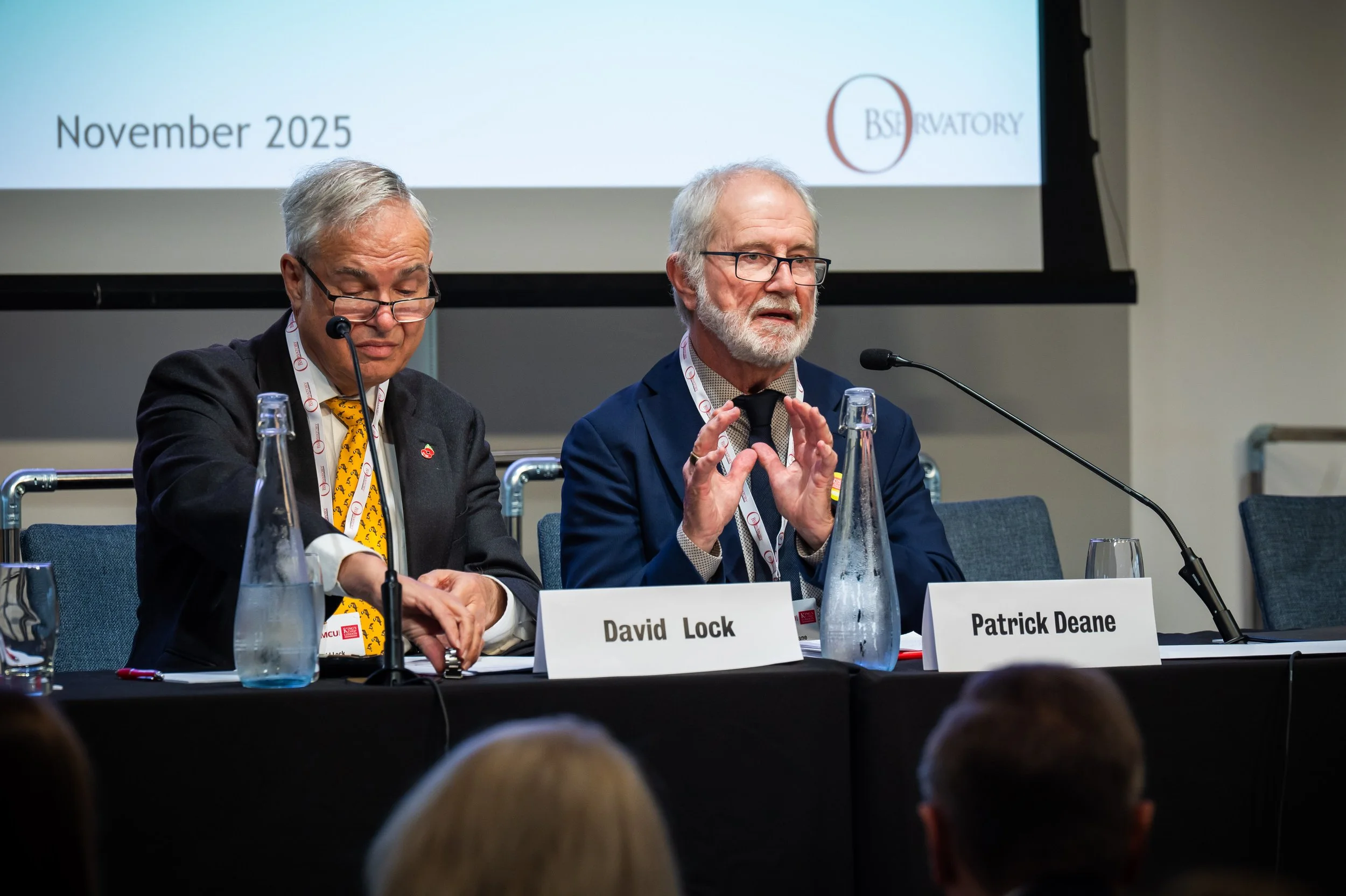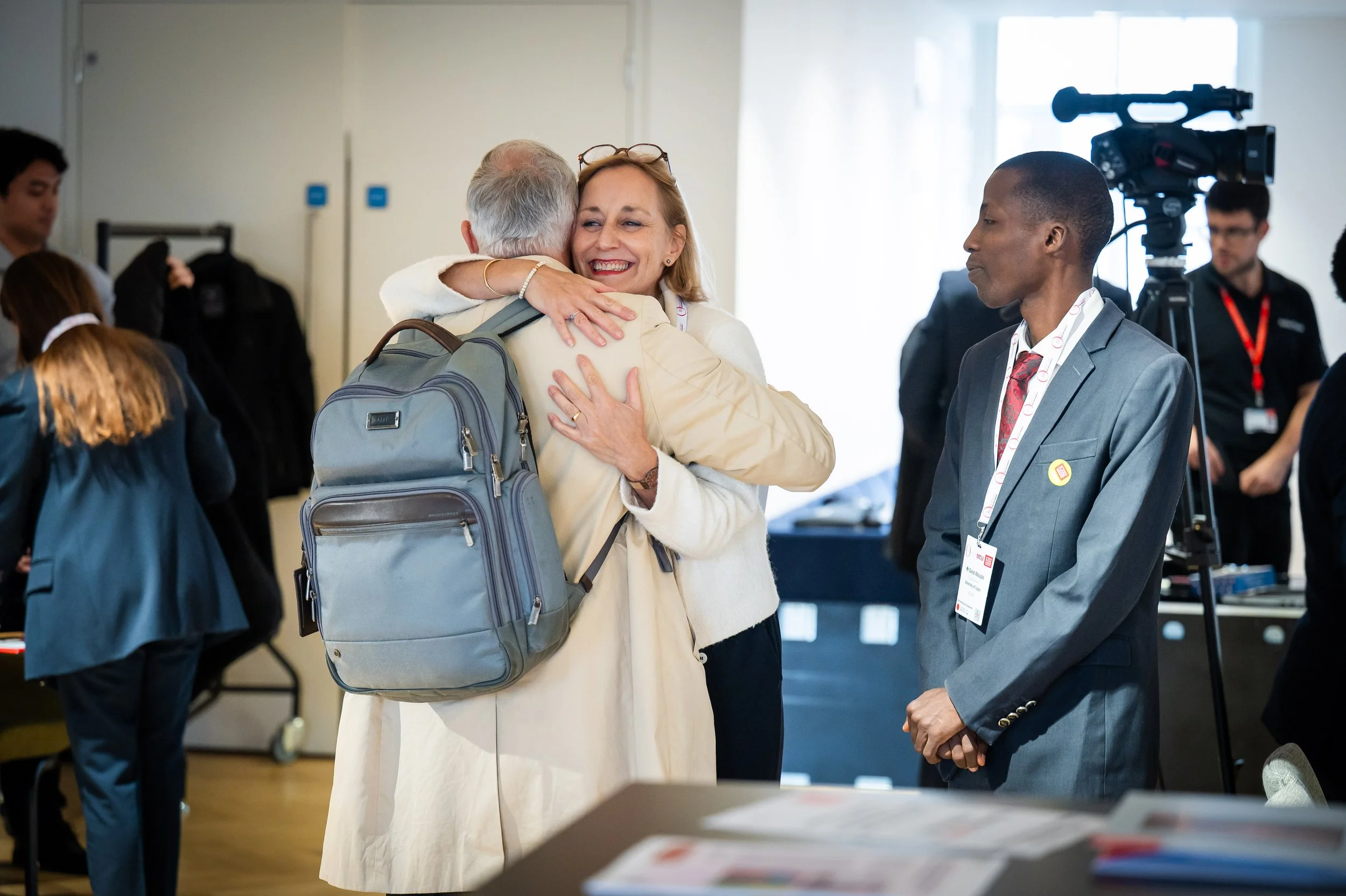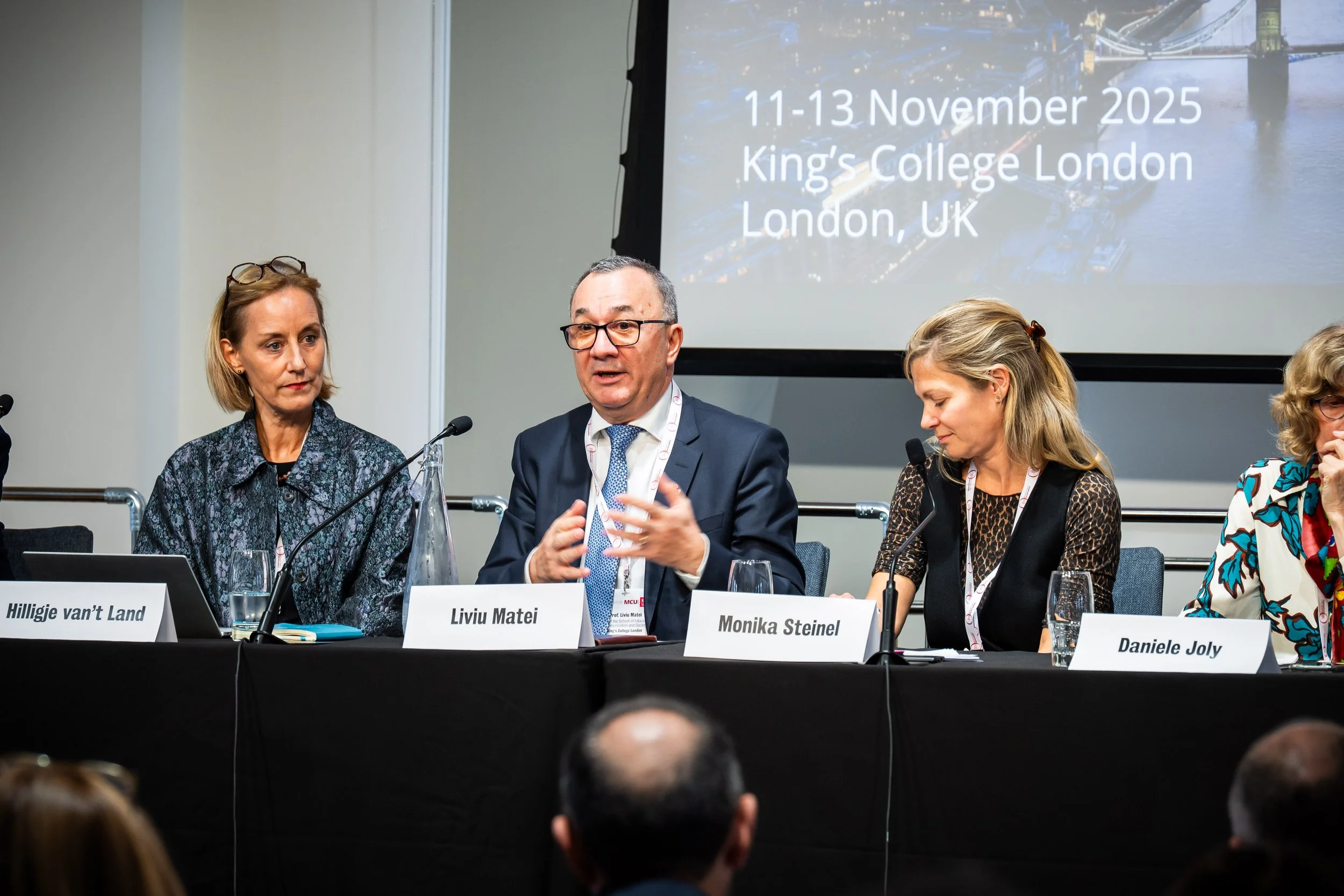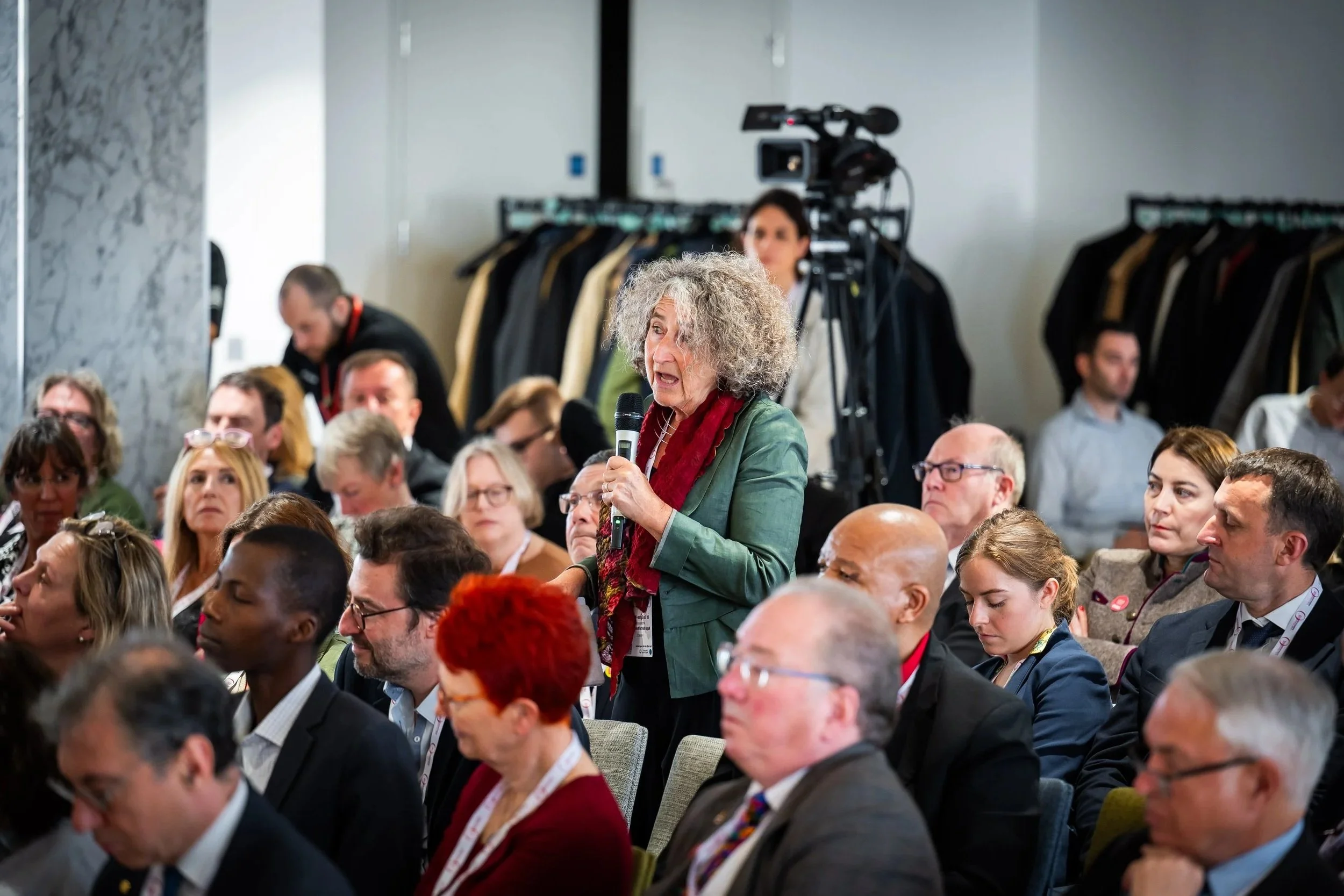IAU at the 2025 Magna Charta Observatory Conference
Reaffirming Higher Education Values in a Fragmented World
The IAU was pleased to participate in the 2025 Anniversary Conference of the Magna Charta Universitatum (MCU), held at King’s College London and hosted by the Magna Charta Observatory (MCO). This year’s gathering brought together university leaders, scholars, policymakers, and students from around the world to reflect on “Higher education principles, values, and responsibilities in a fragmented world.” More than 1,000 universities across 90+ countries have now signed one or both versions of the Magna Charta Universitatum (1988 and 2020), reaffirming their commitment to shared academic values.
The IAU was represented by IAU President Andrew Deeks, IAU Vice President and MCO President Patrick Deane, IAU Secretary General Hilligje van’t Land, and IAU Deputy Secretary General Andreas Corcoran, who contributed to discussions on defending and strengthening the role of higher education globally.
Reaffirming the MCU Values
The conference revisited the core principles that have anchored the Magna Charta since 1988—academic freedom, institutional autonomy, and social responsibility. The revised MCU 2020 version preserves these fundamental commitments while responding to contemporary challenges, including the global nature of higher education, evolving expectations of public responsibility, and pressures on knowledge institutions.
Speakers underscored the urgency of collective action. Remarks ranged from reflections on ethical leadership to concerns about threats to academic freedom—whether through political interference, funding constraints, or growing distrust in international cooperation.
IAU Contribution: Rights, Responsibilities, and Value-Based Leadership
IAU Secretary General Hilligje van’t Land spoke during the session “Fulfilling responsibilities and exercising rights in higher education: views from within the sector.”
She emphasised that the values articulated in the MCU are deeply embedded in the IAU mission and strategy—reflected in its long-standing commitment to value-based leadership, fair and inclusive internationalisation, higher education for sustainable development, and ethical digital transformation.
The IAU has worked closely with the MCO for decades, and the Association’s own set of core values—adopted with the involvement of Members worldwide—echoes and extends the MCU principles. These include:
Academic freedom, institutional autonomy, and social responsibility
Cooperation and solidarity grounded in mutual benefit
Tolerance of divergent opinions and freedom from political interference
Equity in access and success in higher education
Scientific integrity and ethical behaviour
Higher education and research in the public interest
Quality in learning, research, and engagement
Dr van't Land highlighted the double nature of values: they confer rights that require protection, but also responsibilities that need to be enacted. Academic freedom, for instance, demands both institutional safeguards and individual ethical responsibility; autonomy must be paired with accountability to students, communities, and society.
Strengthening Values Through Action and Collaboration
Throughout the conference, the need for internal codification and ownership of values was repeatedly underscored. Universities were encouraged to codify their commitments—through charters, ethical guidelines, leadership capacity building, and continuous dialogue—to ensure values remain lived and understood, not merely stated.
IAU contributes to this global effort through:
International conferences and dialogues
Thematic IAU programmes such as the Executive Leadership Programme, HEIAS, Institutional Site Visits, and the HESD Cluster, amongst others
Joint statements and policy debates
Research, surveys, and global portals such as WHED and HESD Portal
Partnerships with key actors around the world
In a time of geopolitical tension, misinformation, and growing mistrust, these platforms and activities help build coherence across borders while acknowledging contextual diversity.
A Call to Collective Responsibility
As several speakers warned, threats to academic freedom and public trust are escalating across regions. Yet the conference also affirmed that universities—and the networks that connect them—remain essential spaces for mediation, dialogue, and the pursuit of truth.
Universities must reclaim their role as public institutions serving society as a whole, and higher education associations play a vital role in ensuring that bridges remain open.
The IAU looks forward to deepening its collaboration with the Magna Charta Observatory and all partners committed to strengthening higher education values worldwide.





